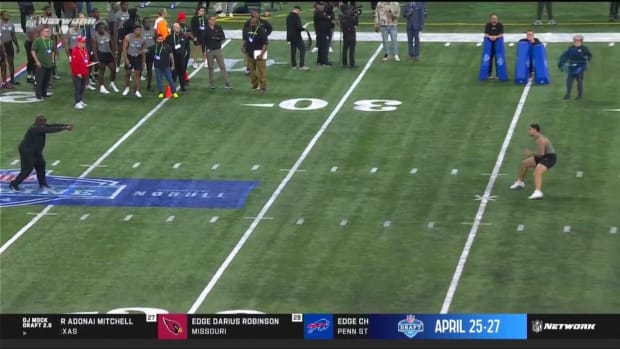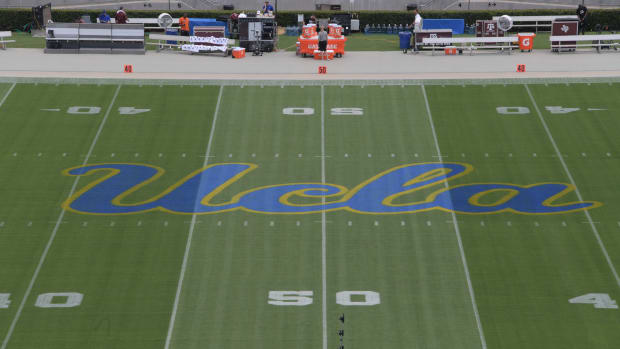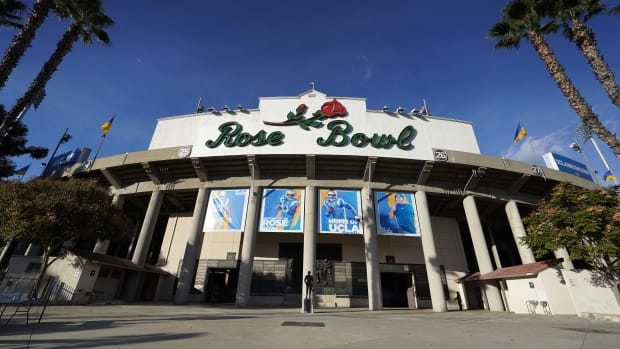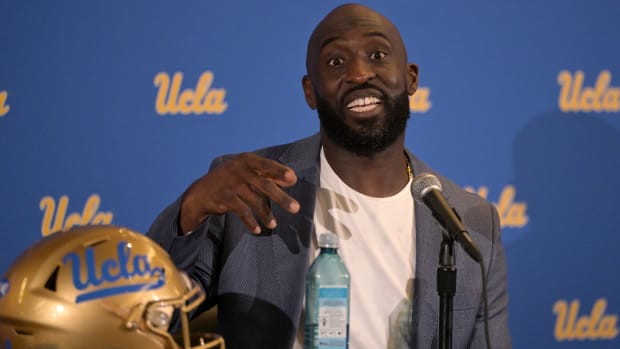Report: Pac-12, Big 12 commissioners meet to discuss realignment landscape
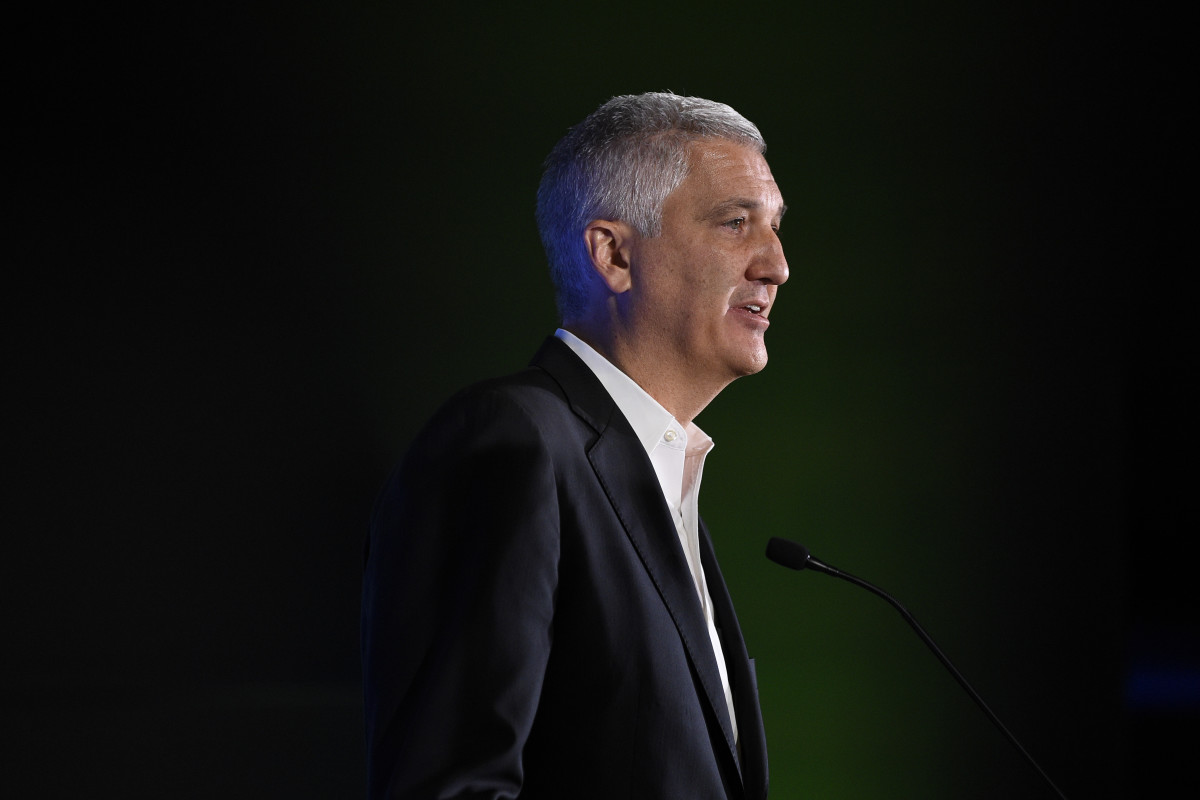
Texas and Oklahoma's decisions to leave the Big 12 for the SEC sparked chaos around the landscape of collegiate sports, and the Pac-12 seems to officially be getting their feet wet in the aftermath.
Pac-12 commissioner George Kliavkoff and Big 12 commissioner Bob Bowlsby met Tuesday to discuss the futures of their respective conferences, The Athletic reported Tuesday morning ahead of the scheduled meeting. Two of the options reportedly brought to the table were a scheduling alliance and a full-on merger.
Also set to be discussed at the meeting was an exchange of information that would allow each commissioner to fully understand what each school and local market would bring to the table financially or in regards to media attractiveness.
“I think there are options for us to partner with other conferences,” Bowlsby said Monday at a Texas Senate committee meeting. “There may be opportunity for mergers. There may be opportunities to add members. There may be other opportunities that are currently unforeseen.”
Combining the two conferences – now that the Longhorns and Sooners are officially set to leave the Big 12 in 2025, if not sooner – would result in a 20-team megaconference that was first considered in the early days of this realignment cycle back in mid-July.
The Big 12 may want to grab hold of the Pac-12 for several reasons, either because it wants to retain Power Five status or because it knows its remaining institutions will flee the conference should it remain in its current state.
The Pac-12, on the other hand, is listening to all offers but may not have the same values in mind at this time.
Kliavkoff spoke at length about expansion, mergers and realignment at Pac-12 Media Day on July 27. When asked if non-football and non-basketball sports would play a role in whatever the conference decides to do, the commissioner confirmed they would have a place in the discussions.
"I think we take into account all of the factors when we would consider expansion," Kliavkoff said. "Certainly non-football sports would be one of those factors."
That adds an interesting wrinkle to the Pac-12-Big 12 dynamic. For a handful of logistical reasons, it would be somewhere between extremely difficult and financially impossible for non-revenue teams in Los Angeles and Eugene to travel to Morgantown, West Virginia, or Manhattan, Kansas, for conference play every weekend.
As a result, that seems to rule out a full-on merger between the two conferences. Left to discuss are a partial merger and a scheduling alliance, in addition to simply a joint TV deal.
The scheduling alliance is somewhat unprecedented at a Power Five level, but teams joining a conference for only one or two sports is not – just look at UCLA, an original and core member of the Pac-12 that has its water polo and men's volleyball teams play in the Mountain Pacific Sports Federation.
Kliavkoff and Bowlsby surely discussed multiple options of varying degrees of plausibility Tuesday, and Kliavkoff may have hinted how receptive he was to Bowlsby's proposals on Twitter.
The Dallas Morning News' Chuck Carlton spoke to Bowlsby, who confirmed the meeting between commissioners lasted nearly six hours, but wouldn't go into any additional detail.
What came out of the meeting remains to be seen, as do the impending shifts in the landscape of college football and NCAA sports as a whole.
All that's known at the moment is that the Pac-12 has a part to play in all of this, and that an agreement with the Big 12 could be the key to the future of the Conference of Champions.
Follow Connon on Twitter at @SamConnon
Follow All Bruins on Twitter at @SI_AllBruins
Like All Bruins on Facebook at @SI.AllBruins

